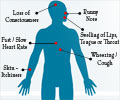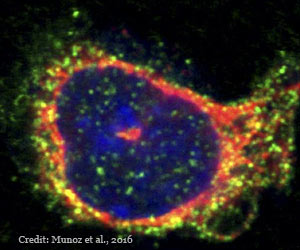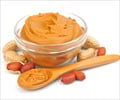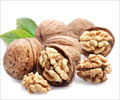
‘Anaphylaxis is the most severe and potentially life-threatening manifestation of food allergy. Education and awareness may help reduce anaphylaxis risk in children.
’
Read More..Tweet it Now
It is not clearly established whether the risk of anaphylaxis induced by peanuts or tree nuts in kids increases at particular times of the year. Hence, the study aimed to assess the risk of peanut-and tree-nut–induced anaphylaxis during specific cultural holidays in Canadian children. Read More..
"Identifying certain times linked to an increased risk of anaphylaxis, a serious and life-threatening allergic reaction could help to increase community awareness, support, and vigilance," states Melanie Leung, a fourth-year medical student and Dr. Moshe Ben-Shoshan, an immunologist and pediatric allergist and scientist at the Research Institute of the MUHC, with coauthors. "This information could help identify the best timing for public awareness campaigns to prevent allergic reactions."
Researchers compared anaphylaxis at Halloween, Easter, Christmas, Chinese New Year, Diwali, and Eid al-Adha.
The study collected data from 1,390 patients visiting participating in pediatric emergency departments between 2011 and 2020 in 4 Canadian provinces: Ontario, Quebec, British Columbia, and Newfoundland and Labrador. The average age of patients was 5.4 years, and 62 percent were boys.
The study found an increased risk of anaphylaxis induced by unknown nuts and peanuts during Halloween and Easter among the kids. For peanut-triggered anaphylaxis, the daily average of anaphylaxis cases increased by 85 percent during Halloween and 60 percent during Easter, than the rest of the year. However, researchers did not notice an increase at Diwali, Chinese New Year, Christmas, or Eid al-Adha.
Advertisement
Source-Medindia















